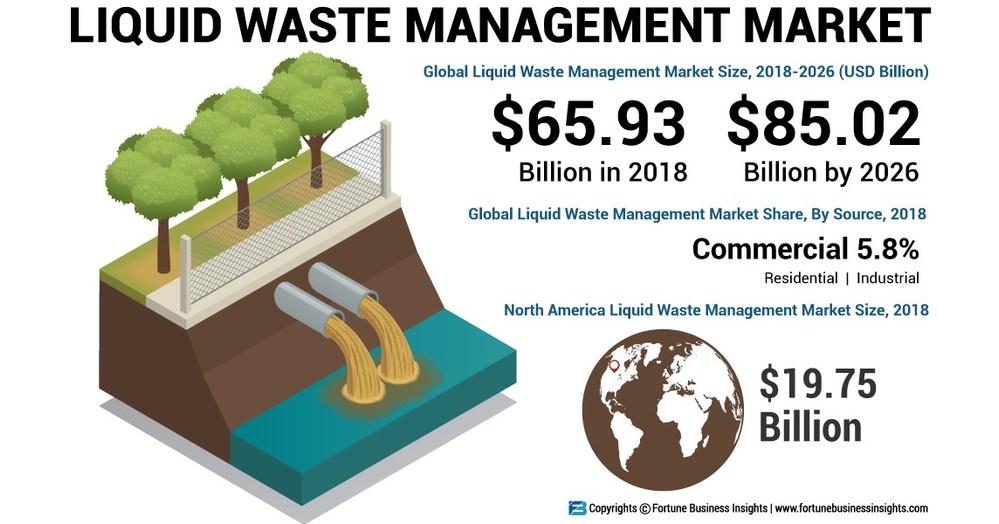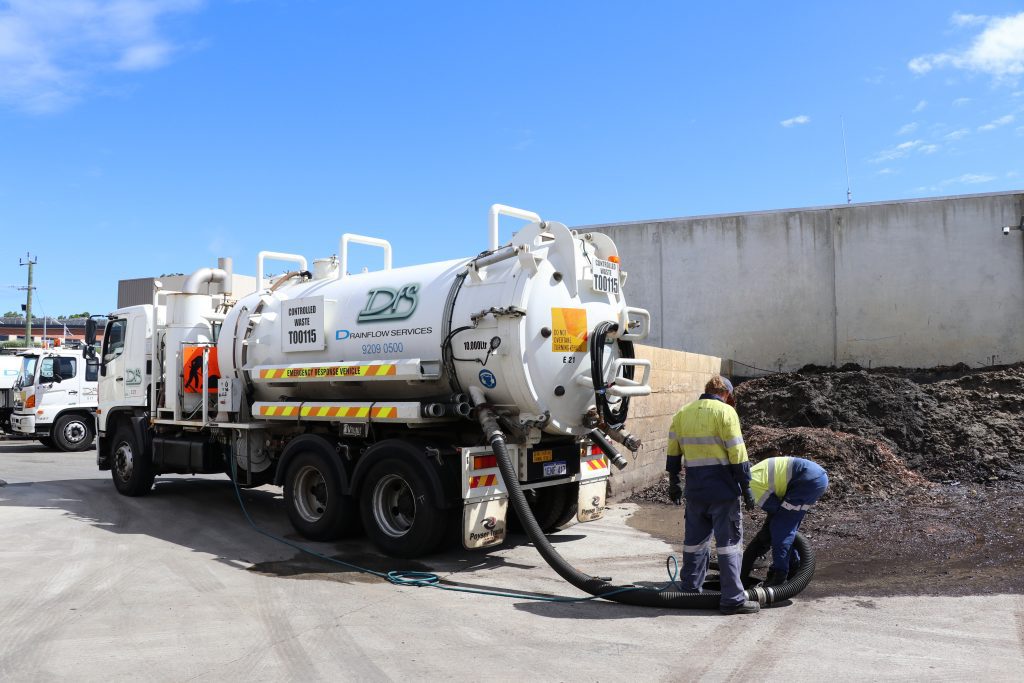Reclaim Waste for Beginners
Reclaim Waste for Beginners
Blog Article
Reclaim Waste - Truths
Table of ContentsThe Greatest Guide To Reclaim WasteReclaim Waste - An OverviewReclaim Waste - The FactsSome Ideas on Reclaim Waste You Should KnowEverything about Reclaim Waste
Discover the types, events, and forms of liquid waste. Residential sewer waste describes the waste and items from a property septic system. This type of waste is produced by humans in residences, colleges, and other structures. This only includes sewage-disposal tanks that have a drainpipe area. The correct monitoring and disposal of domestic sewer waste require fluid waste to be transferred to a sewer treatment plant where the proper methods and equipment are applied to detoxify and deal with waste.
Commercial waste often consists of possible dangers, such as combustible products or a combination of liquid and strong waste items, and needs an advanced and comprehensive disposal procedure. The disposal of business waste normally involves the purification of waste before transport to make certain secure and correct disposal. Hazardous waste is developed from byproducts and drainage of industrial processes and production.
This kind of waste can not utilize the very same sewer management transport or processes as septic or commercial fluids. The hazardous waste administration procedure calls for the inspection and screening of liquid waste prior to it undertakes the disposal procedure (liquid waste removal). Overflow waste is the liquid waste that comes from drainage and excess stormwater in extremely inhabited areas or cities
Drainage waste can cause contamination and flooding if not handled effectively. Discover more about sewer cleansing and waste management. Ensuring appropriate waste management can prevent disasters and decrease environmental harm. Both individuals in residential settings and experts in industrial or production industries can profit from understanding the procedures and policies of liquid waste monitoring.
Not known Incorrect Statements About Reclaim Waste
Get in touch with PROS Services today to discover concerning our waste monitoring and disposal solutions and the correct ways to take care of the fluid waste you produce.
(https://www.metal-archives.com/users/reclaimwaste1)This supposed 'wastewater' is not only a vital source however, after therapy, will be released to our land, rivers or the ocean. Utilized water from commodes, showers, baths, cooking area sinks, laundries and industrial procedures is known as wastewater.

water utilized to cool down machinery or tidy plant and equipment). Stormwater, a type of wastewater, is runoff that moves from agricultural and city areas such as roofs, parks, gardens, roadways, courses and seamless gutters into stormwater drains pipes, after rain. Stormwater flows unattended straight to neighborhood creeks or rivers, at some point getting to the ocean.
The Facts About Reclaim Waste Revealed
In Queensland, many wastewater is treated at sewage treatment plants. Wastewater is delivered from residential or commercial sites through a system of sewers and pump stations, known as sewerage reticulation, to a sewage treatment plant. Local governments build, maintain and run most sewer therapy plants. Operators are licensed under the Environmental Management Act 1994 to discharge treated wastewater at an appropriate environmental criterion right into rivers.
The Department of Natural Resources recommends regional governments about managing, operating and maintaining sewerage systems and treatment plants. In unsewered locations, city governments may call for householders to install private or family sewage therapy systems to deal with residential wastewater from bathrooms, kitchen areas, shower rooms and washings. you could try here The Division of Natural Resources authorizes the usage of family systems when they are verified to be reliable.
A lot of stormwater obtains no therapy. In some brand-new subdivisions, therapy of some stormwater to eliminate litter, sand and gravel has actually begun using gross toxin traps. Wastewater treatment occurs in four phases: Removes strong matter. Larger solids, such as plastics and other things wrongly released to sewage systems, are eliminated when wastewater is passed with displays.
Wastewater after that moves into huge containers where solids clear up and are eliminated as sludge. Grease and scum are skimmed from the surface. Utilizes small living microorganisms referred to as micro-organisms to damage down and get rid of continuing to be liquified wastes and great particles. Micro-organisms and wastes are integrated in the sludge. Eliminates nitrogen and phosphorus nutrients that can trigger algal flowers in our rivers and intimidate marine life.
The Ultimate Guide To Reclaim Waste
Nutrient removal is not offered at all sewer therapy plants because it needs expensive specialised tools. It is ending up being more typical in Queensland. Clear fluid effluent generated after treatment may still have disease-causing micro-organisms. If this effluent is released right into waterways such as rivers or the sea, the micro-organisms will eventually pass away out.

This generally suggests wastewater has to be treated or impurities removed prior to it can be discharged to waterways. Most wastewater flows right into the sewerage system. Under the Act, local governments provide authorizations and permits for ecologically pertinent activities (Ages) involving wastewater releases that could have a neighborhood influence. The department provides authorizations and permits to Periods entailing wastewater releases that might have a local or statewide impact.
See This Report about Reclaim Waste
Surveillance provides factual information about water quality and can confirm that licence conditions are being satisfied. The information acquired through monitoring offers the basis for making water quality decisions.
Report this page